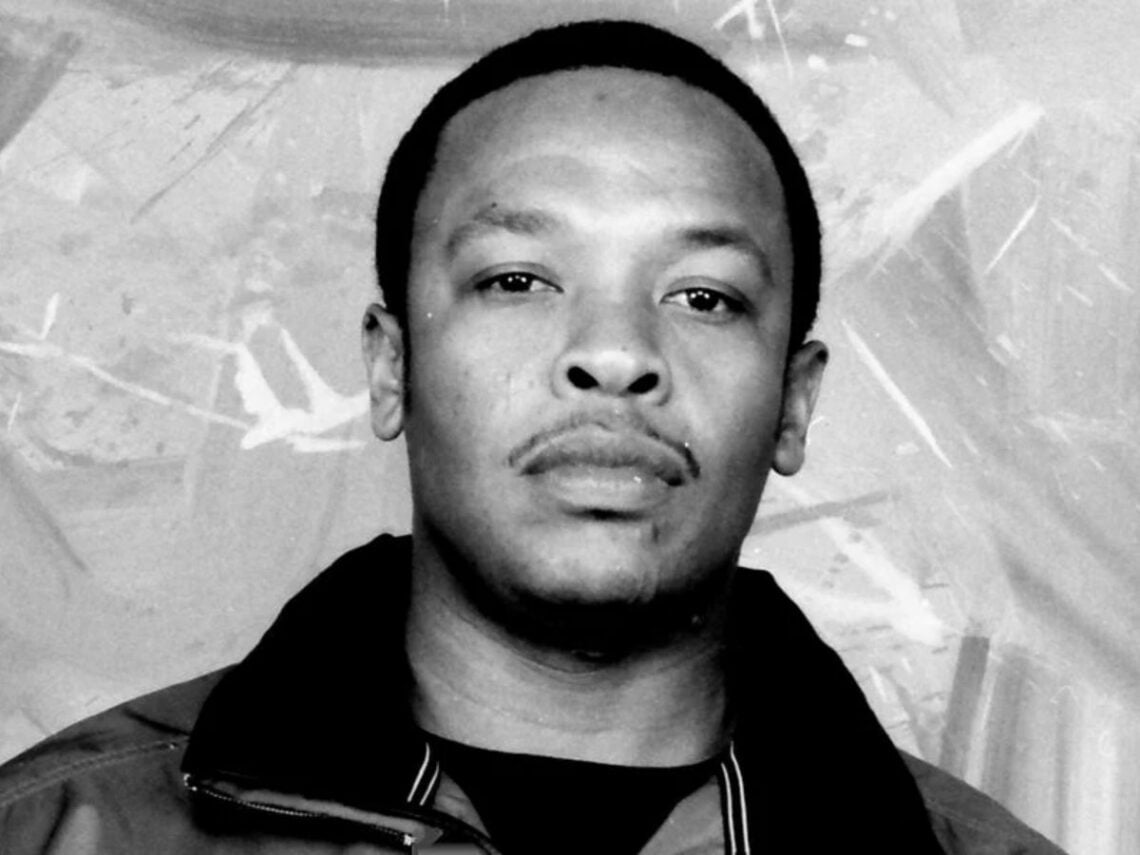Dr Dre has contributed an unfathomable amount to hip-hop culture and has played a part in the careers of several artists. From legendary albums such as Snoop Dogg’s Doggystyle to Eminem’s Marshall Mathers LP and 50 Cent’s Get Rich Or Die Tryin’, the Compton native’s production shifted sonics in a significant way.
That said, it is hard to imagine a hip-hop scene without him. Without Dr Dre (real name Andre Young), NWA wouldn’t have introduced the world to gangsta rap. There wouldn’t be any G-Funk, and the West Coast wouldn’t have become a prominent force in hip-hop.
However, we were very close to ending up in this predicament. Last year, when hip-hop celebrated its 50th anniversary, LL Cool J published a book with contributions from some of the culture’s most seminal figures. In the book titled The Streets Win: 50 Years of Hip Hop Greatness, Dr Dre revealed that following NWA’s dissipation, he considered turning his back on music completely.
However, after The D.O.C. convinced him to create a body of work, he ended up recording The Chronic, which changed the musical landscape of hip-hop and, ultimately, Dre Dre’s life.
Writing a passage for his friend LL Cool J, Young wrote, “In 1992, I had just bought a new house. Eazy-E and Jerry Heller were trying to starve me out and refused to pay the money they owed me. I was driving on the 101 freeway headed to the studio, and, on that drive, I was thinking about quitting.”
Young proceeded to unveil that even when he was in the process of making The Chronic, which is loved by so many, he wasn’t sure whether or not the music he was making was his best. Detailing this, the Compton native wrote, “I started second-guessing my ability and whether music was what I was supposed to be doing, but I pushed those doubts aside and persevered.”
However, he then overcame this creative block and gained confidence. Telling fans about this euphoric moment, the Aftermath founder penned, “A week later, I started making the best music I had ever made. That moment was crucial to helping me solidify my determination to be a success.”
The 2001 musician unveiled that early in his career, he was surrounded by a lot of people pulling him in different directions but has since realised that it is essential to keep your circle small and make sure everybody around you is pushing you to be your best writing, “If I had listened to that little thing that told me to quit, my entire life would be different now. People are either pushing or pulling, and I wish I had known the difference early on in my career. I could’ve saved myself a lot of heartache in that area.”
Young concluded, “At this point in my life, I see the value of surrounding myself with people who push me forward. I don’t want to be around anyone I can’t learn something from.”
LL Cool J’s book The Streets Win: 50 Years Of Hip Hop Greatness saw contributions from the likes of Eminem, Nas, Snoop Dogg, Mary J. Blige, De La Soul, A Tribe Called Quest, and many more. You can see the book’s cover below.
